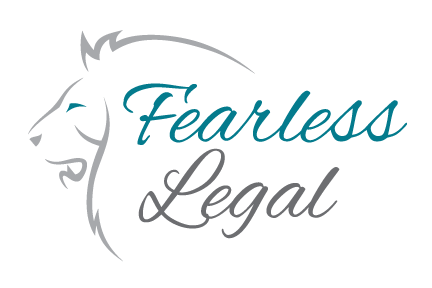Sticky Situations with Estate Planning
I’m working on a file right now where a client was so diligent in having an estate plan. He had a will, trust, powers of attorney, and had all of his properties in a trust. Except one. This property, he owned with his second wife, who passed away. Then, unfortunately, the client passed away.
The couple owned their property jointly, but not like you think. You see, the deed that vested the property to them was silent. What does that mean? It means it did not specifically say that they held the property in joint tenancy. In Illinois, if a deed is silent, the tenancy converts to tenancy in common. Basic law school stuff, but not so basic for someone who’s never studied for the bar exam. What does “tenancy in common” mean? It means, when a property holder dies, their half of the property goes to their heirs, NOT the other person, even if it is their spouse. Can the spouse be an heir? Yes. But if this person has kids, they are also heirs. In my case, both parties in title were deceased. So then it gets complicated. Now, one half of the property is owned by the husband’s heirs, and the other half is owned by the wife’s heirs. But the wife is the second wife. So she has children of her own, from another marriage, that aren’t the husband’s kids. You see where I’m going with this?
Bottom line here is, now the title to the property is a hot mess, and it can be worked out, and the property can be sold, but now we’ve got to deal with four heirs, two on each side, and two of which are not even in the country.
What’s the moral here? Please. Pretty please. Have an estate plan. And even if you “think” you’re going to sell your property and you don’t need to bother putting it into your trust, do it. Your family will thank you.
